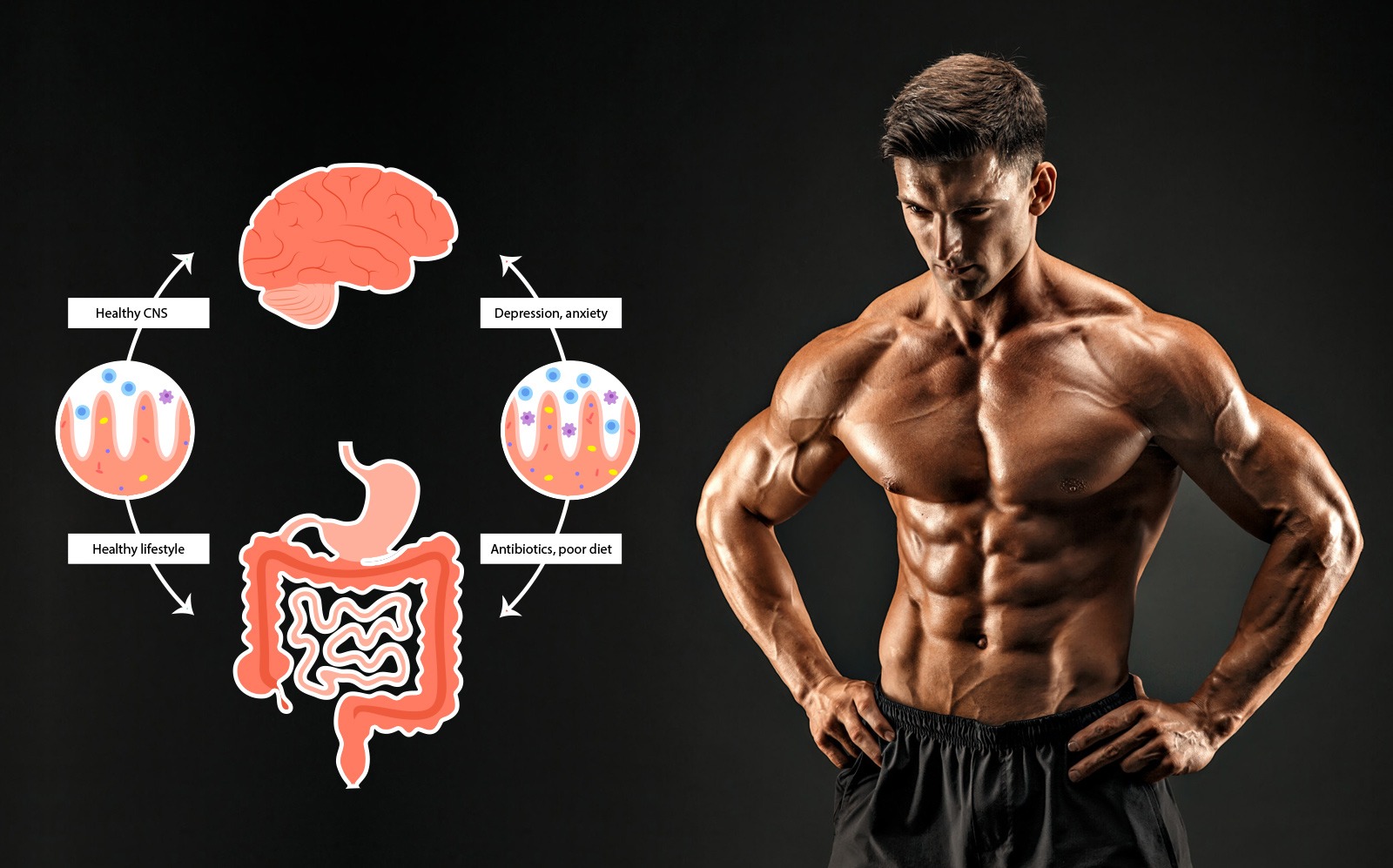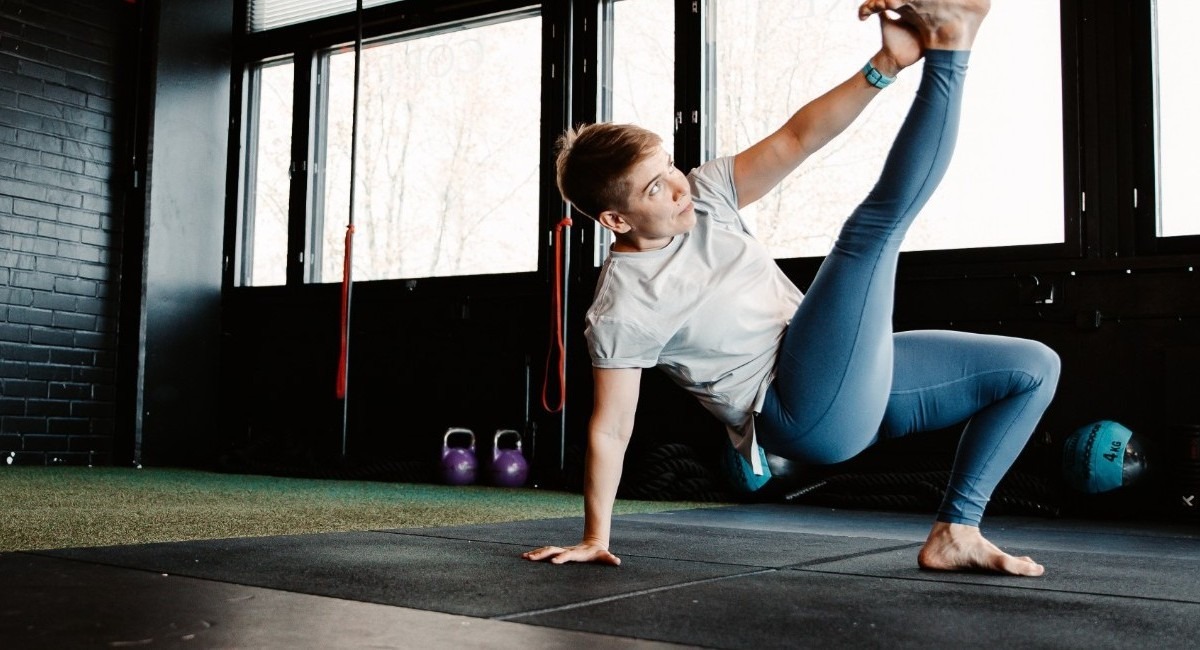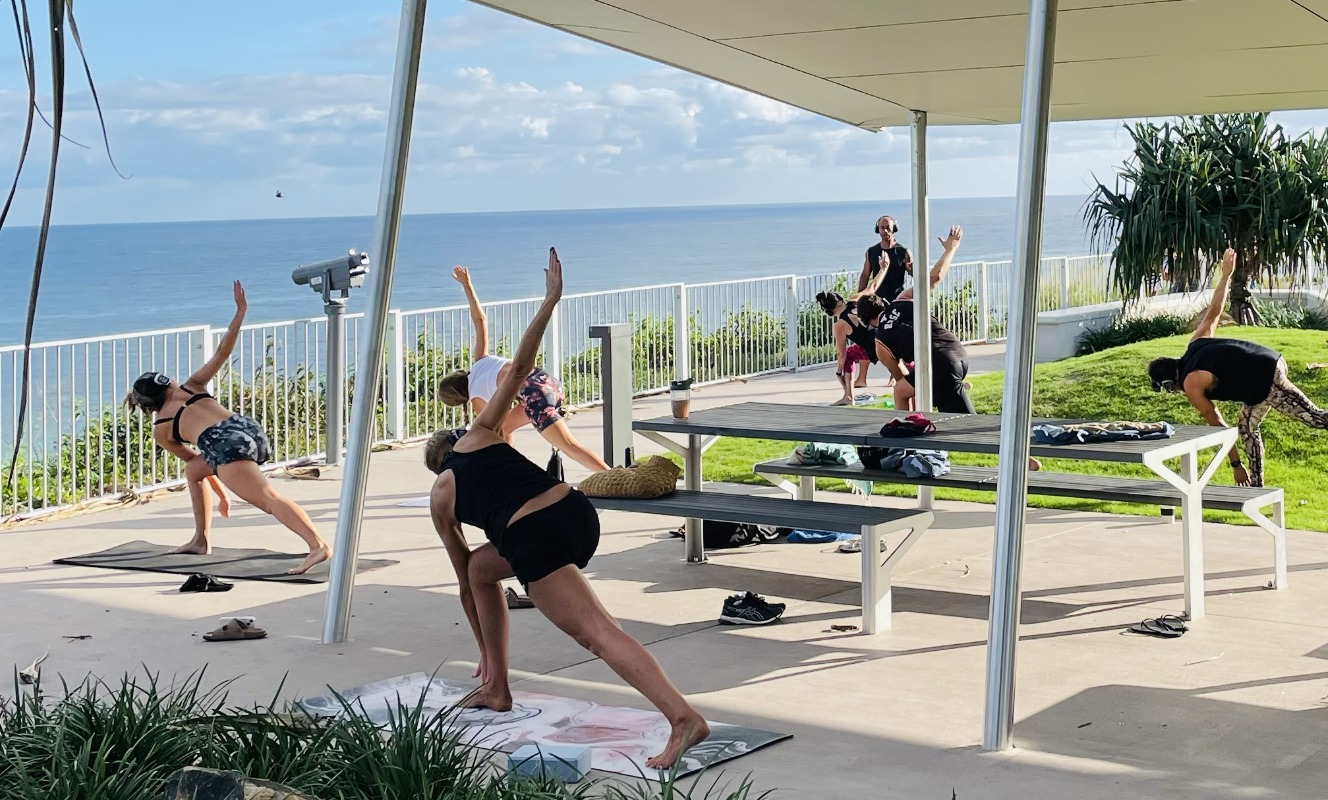
The Winning Edge: Why Sports Are Key to Physical Well-Being
Sports are a vital part of a healthy lifestyle, offering numerous benefits for physical and mental well-being. They enhance cardiovascular health, build strength, improve flexibility, and foster discipline. Beyond fitness, sports instill life skills, boost mood, and encourage social interactions. This article explores how engaging in sports can transform physical health and enrich life.
💪 Fitness Guru
15 min read · 3, Jan 2025

The Physical Benefits of Sports
1. Improved Cardiovascular Health:
Sports like running, swimming, and cycling are excellent for your heart. They help strengthen the heart muscle, improve blood circulation, and reduce the risk of heart disease. Regular physical activity lowers bad cholesterol levels while increasing good cholesterol, keeping your arteries clear and your heart pumping efficiently.
2. Enhanced Muscle Strength and Endurance:
Engaging in sports builds and maintains muscle mass. Weight-bearing activities like basketball, tennis, or even walking strengthen bones and muscles, enhancing endurance. Stronger muscles not only help you perform daily tasks effortlessly but also protect your joints, reducing the risk of injury.
3. Better Flexibility and Coordination:
Sports that involve stretching and agility, like gymnastics or yoga, improve flexibility and coordination. This reduces the chances of sprains or strains, enhances posture, and allows you to move more freely. Being flexible helps you stay active longer and prevents stiffness as you age.
4. Weight Management:
Participating in sports is one of the most effective ways to maintain a healthy weight. Activities like soccer, badminton, or dancing burn calories and keep metabolism high. Keeping a balanced weight reduces the risk of obesity-related health issues such as diabetes, hypertension, and joint problems.
Mental and Emotional Boost
Sports aren’t just about physical fitness; they also play a crucial role in mental well-being.
1. Stress Relief:
When you engage in sports, your body releases endorphins—the natural feel-good chemicals. These hormones combat stress and anxiety, leaving you feeling relaxed and refreshed. Whether it's hitting a tennis ball or going for a jog, sports act as a great escape from daily worries.
2. Boosted Self-Esteem:
Achieving goals, no matter how small, boosts your confidence. Whether you’re learning to dribble a basketball or improving your swim time, every accomplishment builds self-esteem. This sense of achievement often spills over into other areas of life, encouraging a positive outlook.
3. Enhanced Cognitive Function:
Sports require strategy, focus, and quick decision-making, which stimulate the brain. Activities like chess, martial arts, or even team sports improve memory, concentration, and problem-solving skills. These cognitive benefits are invaluable for academic and professional success.
The Social Connection
1. Building Relationships:
Team sports foster a sense of community and camaraderie. Playing with others helps develop communication skills, trust, and teamwork. These connections often lead to lifelong friendships and a support system that enriches life.
2. Learning Life Skills:
Sports teach discipline, patience, and resilience. Facing challenges and overcoming them, whether in competition or practice, prepares you to handle life's hurdles with grace and determination.
3. Fostering Inclusivity:
Sports bring people from diverse backgrounds together, breaking barriers of age, gender, and culture. They encourage inclusivity, teaching respect for others and fostering an understanding of different perspectives.
Integrating Sports into Daily Life
1. Start Small:
If you’re new to sports, begin with light activities like walking or yoga. Gradually increase intensity and try different sports to find what you enjoy most.
2. Make It Social:
Invite friends or family to join you. Playing sports together makes the experience more enjoyable and motivates you to stay consistent.
3. Set Realistic Goals:
Setting achievable goals keeps you motivated. Celebrate small victories to maintain enthusiasm and commitment.
4. Balance Is Key:
While sports are beneficial, avoid overexertion. Balance physical activity with adequate rest and recovery to prevent injuries and burnout.
The Role of Sports in Childhood Development
Encouraging children to participate in sports is crucial for their holistic growth. Sports improve motor skills, enhance academic performance, and teach teamwork and perseverance. They also instill healthy habits early on, ensuring a lifetime of physical activity.
Adapting Sports for Different Ages
Sports are for everyone, regardless of age. Here are some age-appropriate suggestions:
- Children: Focus on fun and basic skills through games like tag or swimming.
- Teenagers: Encourage competitive sports to develop skills and teamwork.
- Adults: Choose activities that maintain fitness, such as running, cycling, or yoga.
- Seniors: Low-impact sports like walking, tai chi, or water aerobics ensure safety while keeping the body active.
Overcoming Barriers to Sports Participation
1. Lack of Time:
Incorporate short sessions of physical activity into your routine. Even 30 minutes of brisk walking or jogging can make a difference.
2. Financial Constraints:
Many sports require minimal investment. Activities like running, home workouts, or community sports events are cost-effective options.
3. Physical Limitations:
Choose sports tailored to your abilities. Adaptive sports or low-impact activities ensure everyone can participate and benefit.
Q&A Section
Ques 1: Can playing sports help in managing chronic conditions?
Ans: Yes, regular physical activity through sports can manage conditions like diabetes, arthritis, and hypertension. It improves overall health, reduces symptoms, and boosts energy levels.
Ques 2: What’s the best sport for overall fitness?
Ans: Activities like swimming, tennis, and running are excellent for overall fitness as they combine cardio, strength, and flexibility.
Ques 3: How can I stay motivated to play sports regularly?
Ans: Set clear goals, track your progress, and involve friends or join a group. Making sports enjoyable and part of your routine will keep you motivated.
Ques 4: Are there any risks associated with playing sports?
Ans: While sports are generally beneficial, improper technique or overexertion can lead to injuries. Always warm up, cool down, and use the right gear to stay safe.
Ques 5: Can older adults safely participate in sports?
Ans: Absolutely! Seniors can engage in low-impact sports like walking, tai chi, or swimming to maintain health and mobility.
Similar Articles
Find more relatable content in similar Articles

Microbiome and Muscle: Gut Health as a Hidden Fitness Tool...
Unlock the hidden potential of.. Read More

The Science of Breathwork: Fitness Beyond Muscles...
Exploring how conscious contro.. Read More

Fitness Lessons from Wild Animals – Move Like Nature Intende..
“Discover how observing wild a.. Read More

The Silent Workout: Fitness Without Any Equipment or Noise...
“Discover the power of silent .. Read More
© 2024 Copyrights by rFitness. All Rights Reserved.